Tesla has built one of the largest and most reliable EV charger networks around, making it easy for Tesla owners to stay charged on the go. But as electric vehicles (EVs) become more popular, many non-Tesla drivers are asking: Can their cars tap into Tesla’s network too? Knowing how Tesla’s chargers work with other EVs could help drivers take advantage of this widespread EV charger infrastructure.
Types and Features of Tesla Chargers
Tesla offers two main types of chargers: Superchargers and Destination Chargers. Superchargers are designed for rapid charging, providing up to 250 kW of power and enabling long-distance travel with minimal downtime. Destination Chargers, on the other hand, are typically found at hotels, restaurants, and other public places, offering slower AC charging for overnight or extended stays.
Tesla chargers utilize the North American Charging Standard (NACS), which is proprietary to Tesla in North America but can be used with adapters by non-Tesla EVs. The power and speed offered by Tesla chargers make them attractive to EV owners seeking faster and more reliable charging options.
Can Non-Tesla Cars Use Tesla Chargers?
Yes, non-Tesla vehicles can use Tesla chargers in certain cases, but it depends on the type of charger and the region. Tesla’s charging network includes both Superchargers and Destination Chargers, and the compatibility varies between these two types. Let’s break it down:
Tesla Superchargers
Superchargers are Tesla’s fast-charging stations, designed primarily for long-distance travel with Tesla vehicles. These chargers deliver high power, capable of adding up to 200 miles of range in about 15 minutes. Historically, Tesla used its proprietary NACS (North American Charging Standard) connector, which meant only Tesla cars could use these chargers. However, in recent years, Tesla has been gradually opening up its Supercharger network to non-Tesla EVs, particularly in Europe.
-
Europe’s CCS Compatibility: In Europe, Tesla Superchargers come equipped with CCS (Combined Charging System) connectors, which are compatible with many non-Tesla EVs. This means that many EVs, such as those from brands like BMW, Volkswagen, and Hyundai, can now use Tesla Superchargers without needing an adapter.
-
Superchargers in the U.S. and Other Regions: In the U.S. and other regions, Tesla uses the NACS connector, which is not widely used by other EV manufacturers. As a result, non-Tesla EVs in these regions cannot directly use Tesla Superchargers unless they have an adapter. However, Tesla has announced partnerships with several automakers to adopt NACS, which could make more non-Tesla vehicles compatible with Tesla Superchargers in the future.
-
Adapter Use: For non-Tesla vehicles to access Tesla Superchargers in regions where NACS is used, a third-party adapter is required. These adapters allow non-Tesla cars to connect to Tesla chargers, but the availability and functionality of these adapters can vary by region and EV model.
-
Pilot Programs: Tesla has also launched pilot programs in select countries, allowing non-Tesla EVs to charge at Supercharger stations. These programs are currently limited to certain countries, such as the Netherlands, France, and Norway, but they are expected to expand as Tesla continues to open its network to more vehicles.
Unlike Superchargers, Destination Chargers are slower AC chargers found at hotels, restaurants, and other public venues. These chargers are generally more accessible to non-Tesla vehicles, as they often use the J1772 connector in North America or the Type 2 connector in Europe.
-
Wide Compatibility: Many non-Tesla EVs are already compatible with Tesla’s Destination Chargers without needing any adapter. For example, most electric vehicles in the U.S. come equipped with a J1772 connector, which can be used with Tesla’s Destination Chargers as long as the station supports it.
-
Adapter Use: In cases where a connector mismatch exists, non-Tesla vehicles can use an adapter, such as a J1772-to-Tesla adapter, to charge at Tesla’s Destination Chargers.
Tesla has made it clear that it intends to make its Supercharger network more accessible to non-Tesla vehicles globally. As more automakers adopt the NACS connector in North America and Tesla opens its Supercharger network in other regions, it will become increasingly easier for non-Tesla EVs to use these chargers.
However, it’s important for non-Tesla EV owners to verify their vehicle’s compatibility with Tesla chargers in their region and understand the potential need for adapters before planning a trip.
How to Charge Non-Tesla Cars Using Tesla Chargers
To charge a non-Tesla vehicle using a Tesla charger, drivers will generally need an adapter. Adapters such as the J1772 to Tesla connector allow non-Tesla EVs to access Tesla’s Destination Chargers. For Superchargers, the process is a bit more complicated as Tesla is gradually opening its network to other EV brands, mostly in Europe and a few pilot programs in other regions.
To use an adapter:
-
Identify the appropriate adapter for your vehicle’s connector.
-
Plug the adapter into the Tesla charger.
-
Connect your EV to the adapter, and charging should begin automatically.
The charging speed and efficiency may vary depending on the adapter used and your vehicle’s charging capabilities.
See also: Can You Charge a Tesla with 240V?
Tesla’s Open Charging Network for Non-Tesla Vehicles
Tesla’s vast Supercharger network has been a major advantage for its vehicles, ensuring fast and reliable charging for long-distance travel. Initially designed exclusively for Tesla owners, this network is now slowly becoming accessible to non-Tesla electric vehicles (EVs), providing broader access to high-speed charging infrastructure.
Supercharger Access for Non-Tesla EVs
Tesla has initiated pilot programs in various European countries, allowing non-Tesla vehicles to charge at selected Superchargers. The primary reason this has been possible in Europe is the widespread use of the CCS (Combined Charging System) connector, which is compatible with most modern EVs in the region. Tesla’s European Superchargers are already equipped with this connector, making the transition smoother for non-Tesla drivers without requiring special adapters.
The process for non-Tesla owners to use Tesla’s Superchargers in Europe involves a few steps:
-
Tesla App Registration: Non-Tesla EV drivers need to create an account in the Tesla app, where they can view participating Supercharger locations, charge costs, and manage payments.
-
Direct Charging with CCS: As most Superchargers in Europe feature the CCS connector, non-Tesla vehicles can directly plug in and charge without the need for additional equipment.
-
Pricing and Membership Options: Non-Tesla EV owners may face slightly higher rates compared to Tesla drivers, although Tesla offers membership plans to reduce the charging cost. Payments are managed through the Tesla app.
Regional Availability
At present, Tesla’s open Supercharger network is largely concentrated in Europe, where the infrastructure is already set up to accommodate non-Tesla vehicles. Key countries where non-Tesla EVs can access Tesla’s Superchargers include:
-
Netherlands
-
France
-
Germany
-
Norway
Tesla has plans to continue expanding this access across Europe, with the goal of offering more non-Tesla drivers the convenience of their fast-charging network.
Conclusion
If you're a non-Tesla EV owner, Tesla chargers offer a reliable and fast charging option, especially as the network continues to open up. While adapters may be necessary, the benefits of access to Tesla's vast infrastructure can make a significant difference in convenience and efficiency during long trips. As Tesla expands its network, it’s worth keeping an eye on the availability of Superchargers for non-Tesla vehicles and considering investing in a compatible adapter.
For a more versatile charging solution, consider Autel's home EV chargers and smart EV chargers. They provide reliable, convenient options for charging at home, with smart features for easy monitoring and control. Check out Autel's products here.

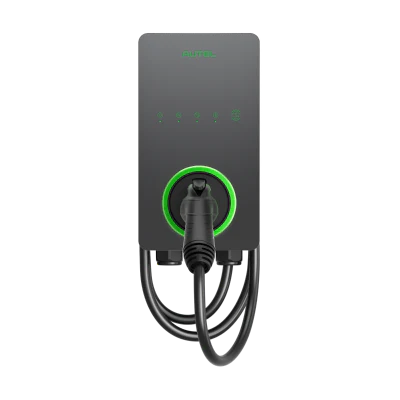
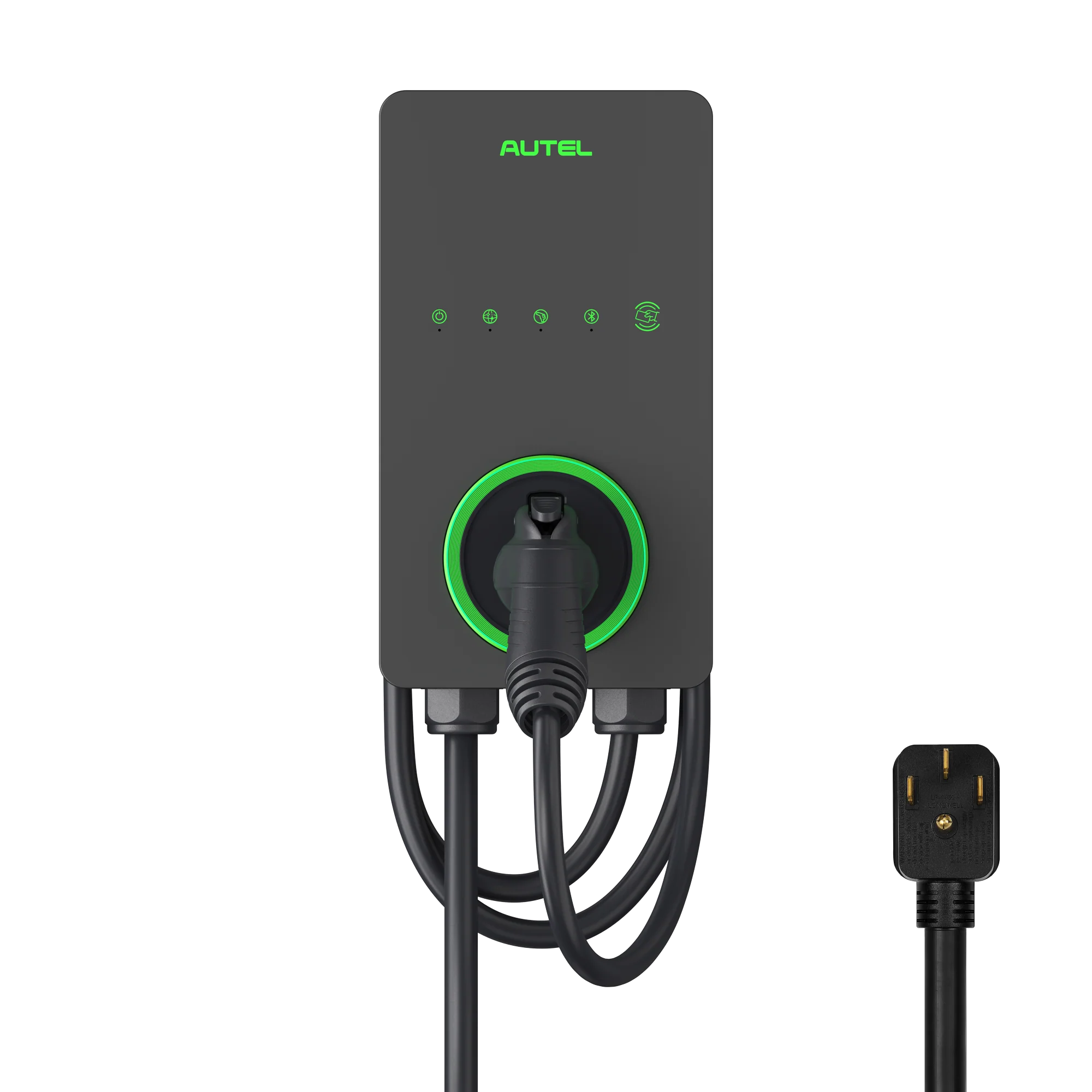
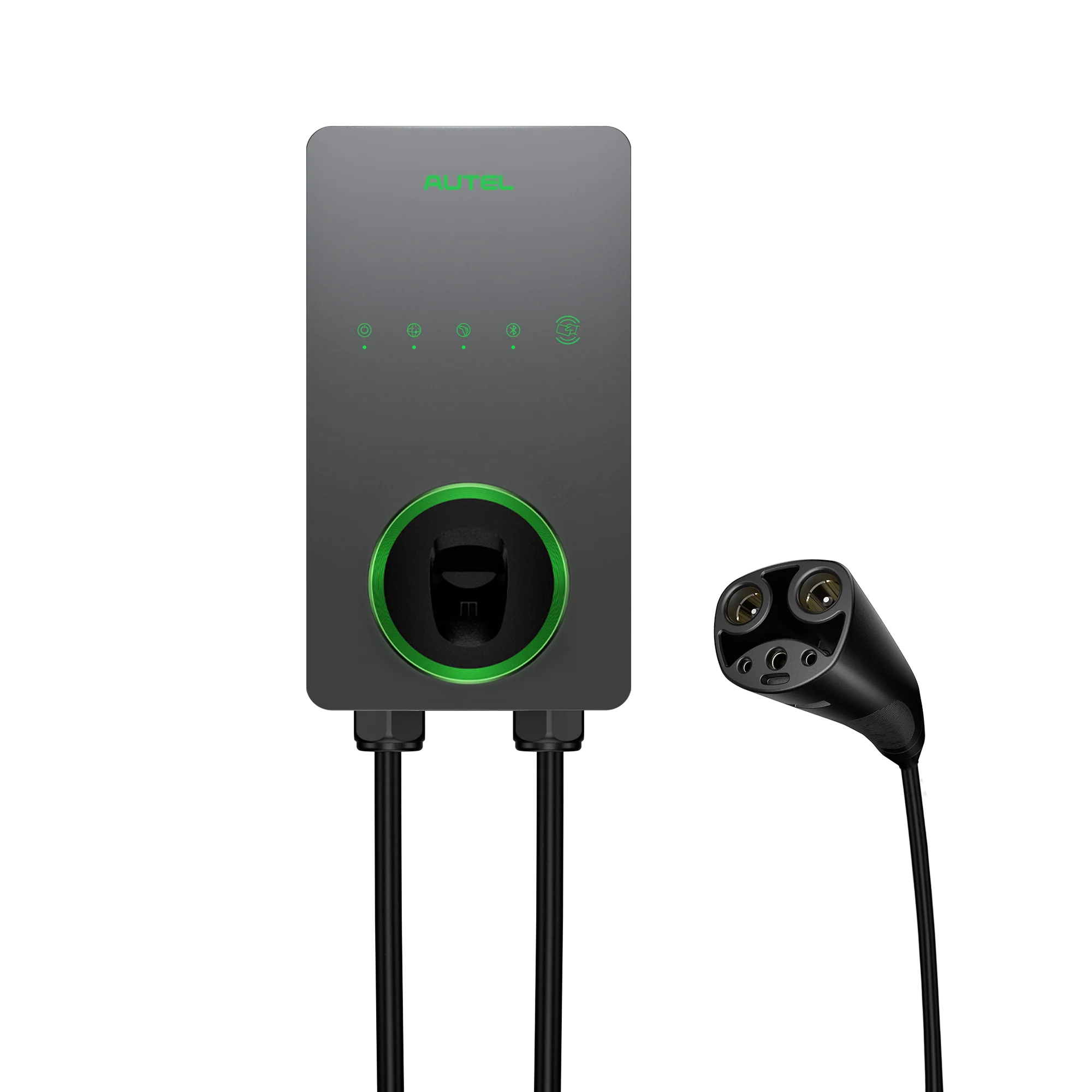
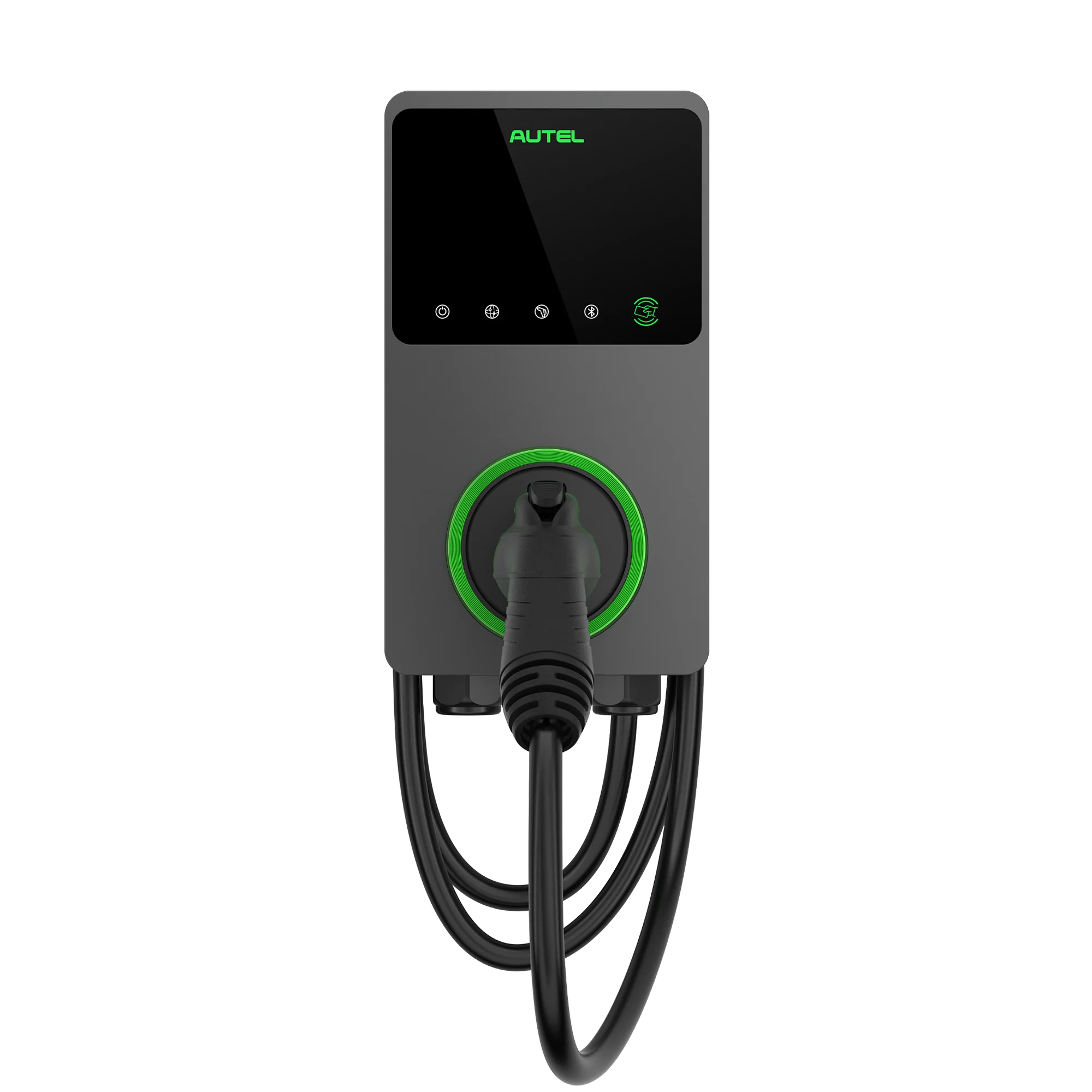
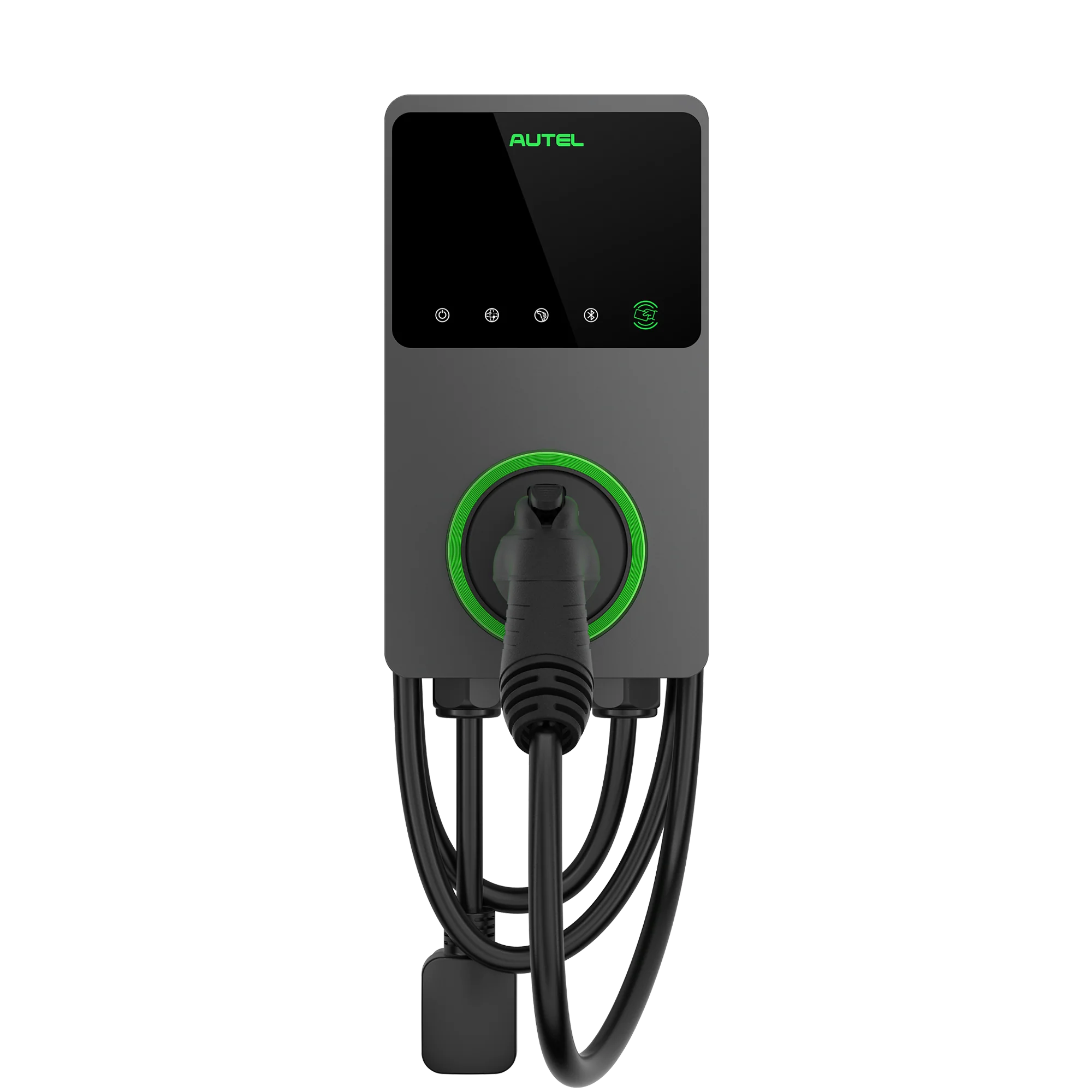
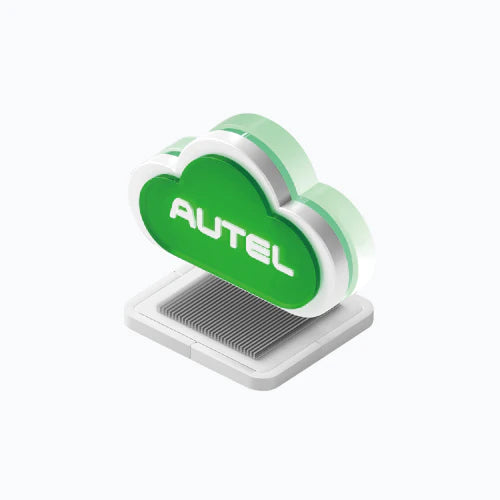
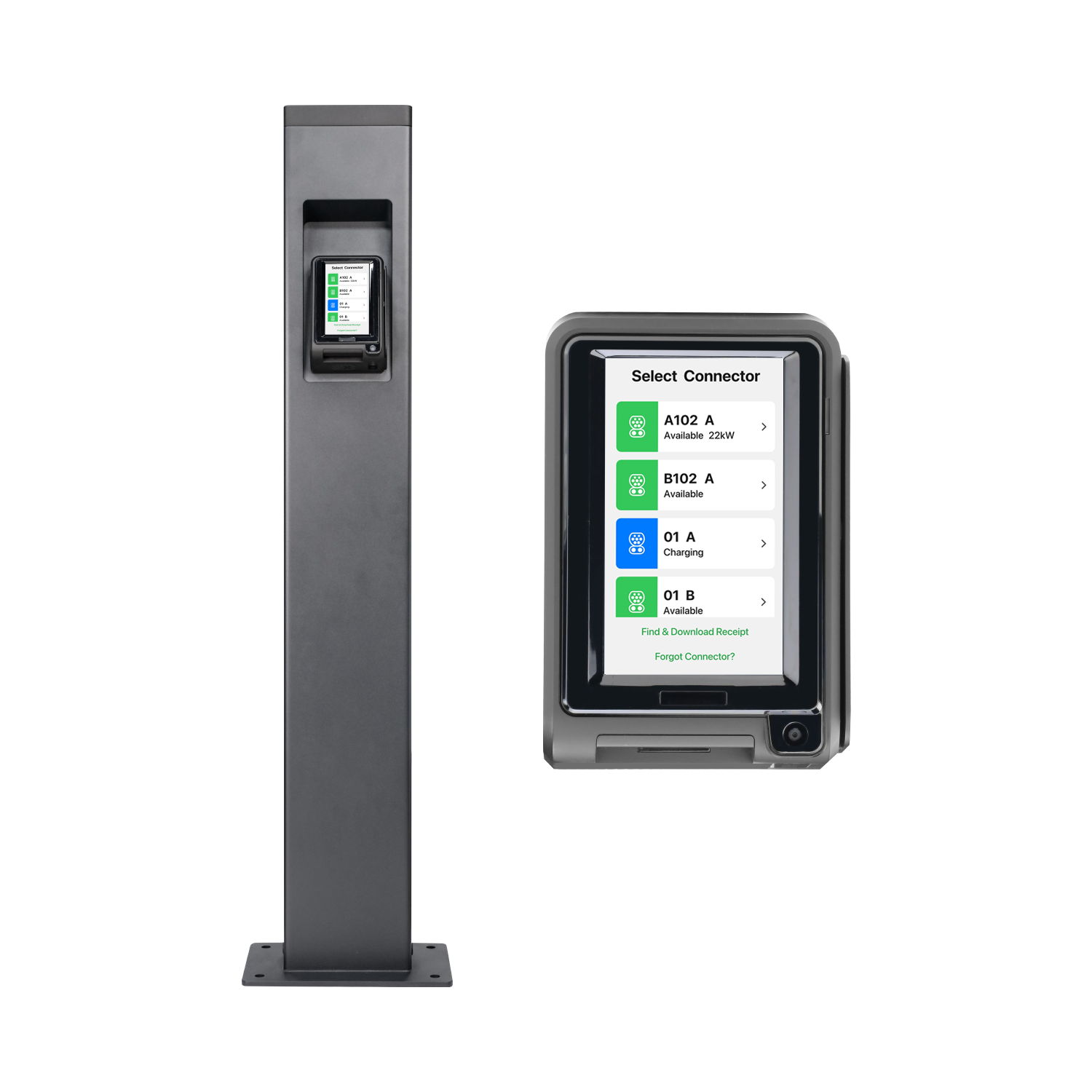
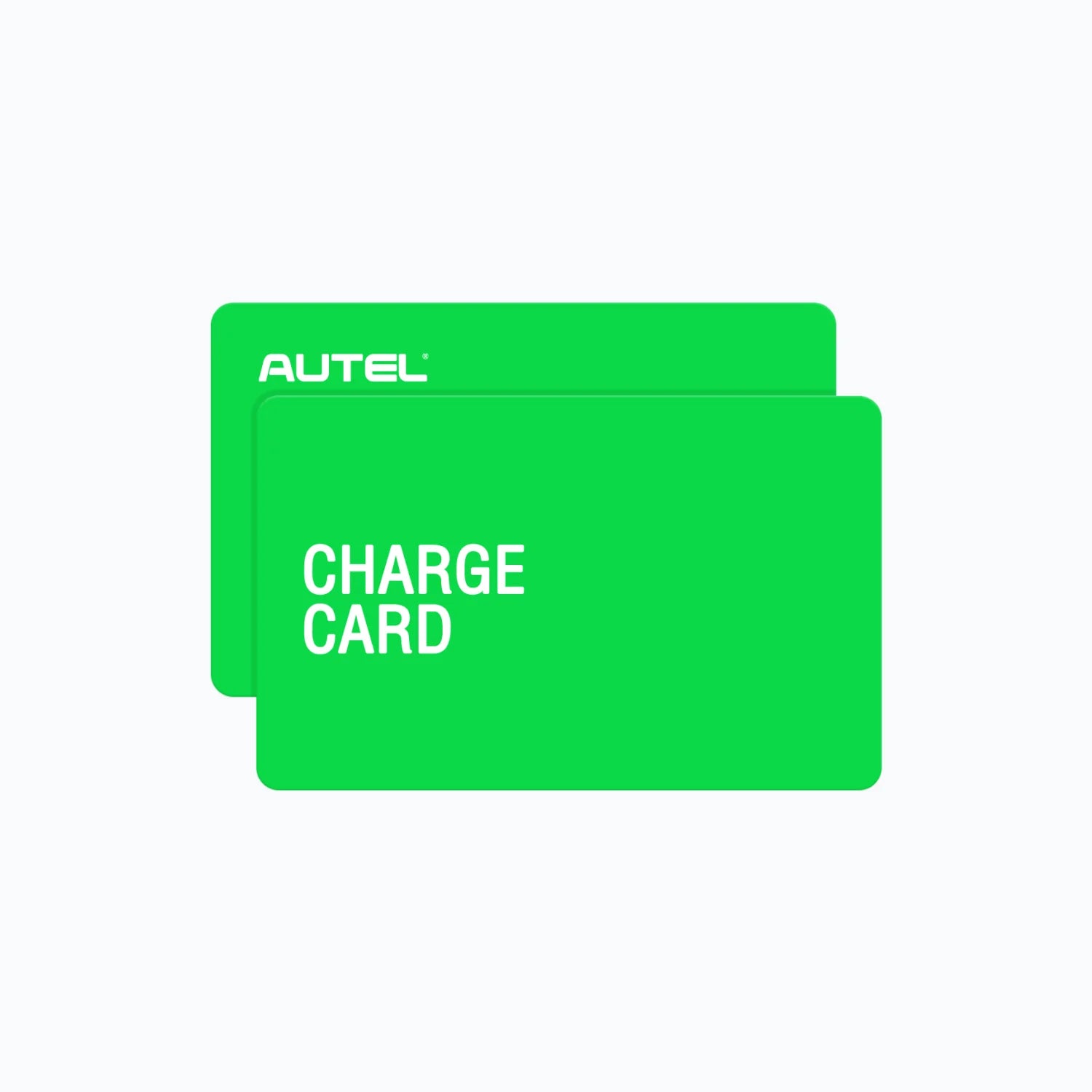
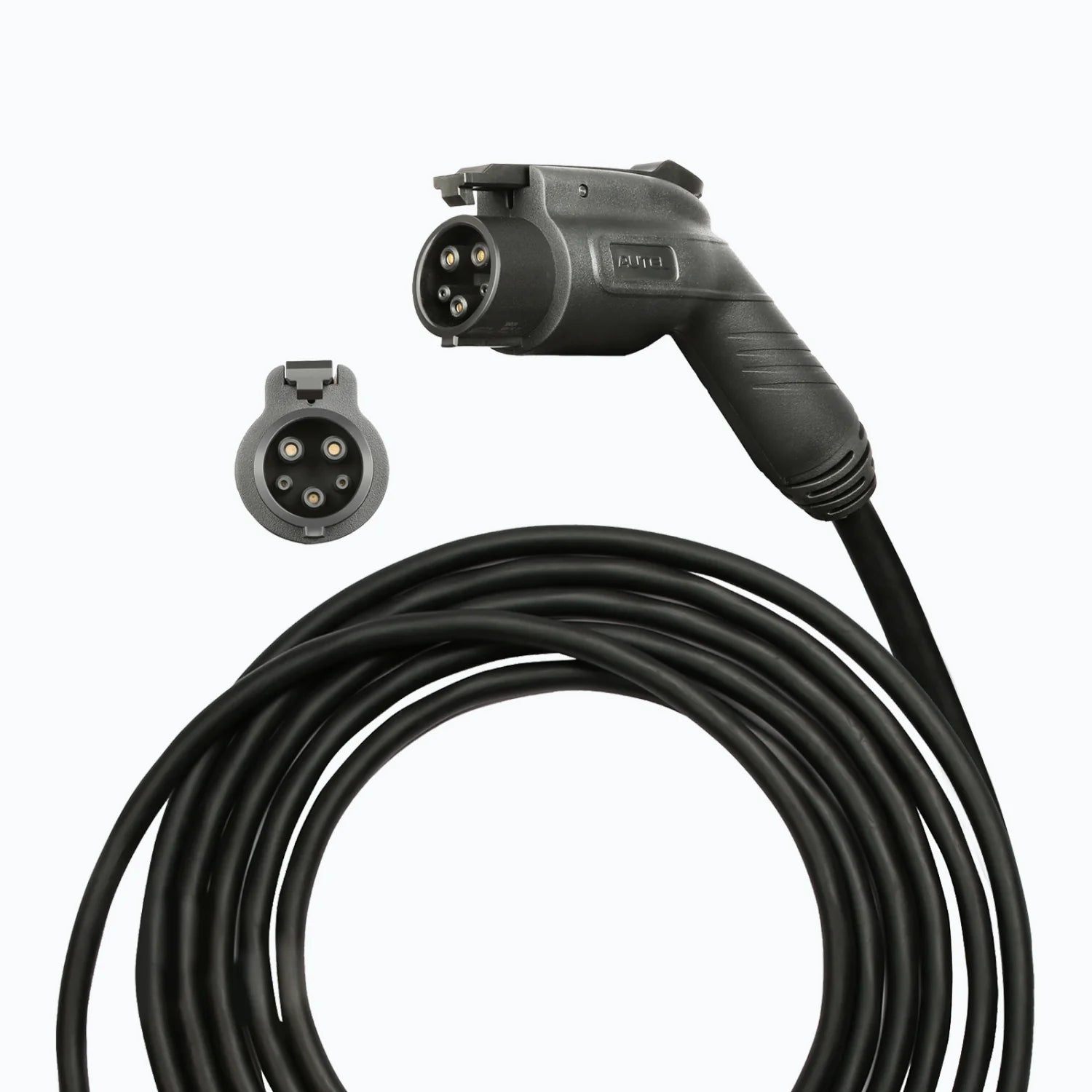
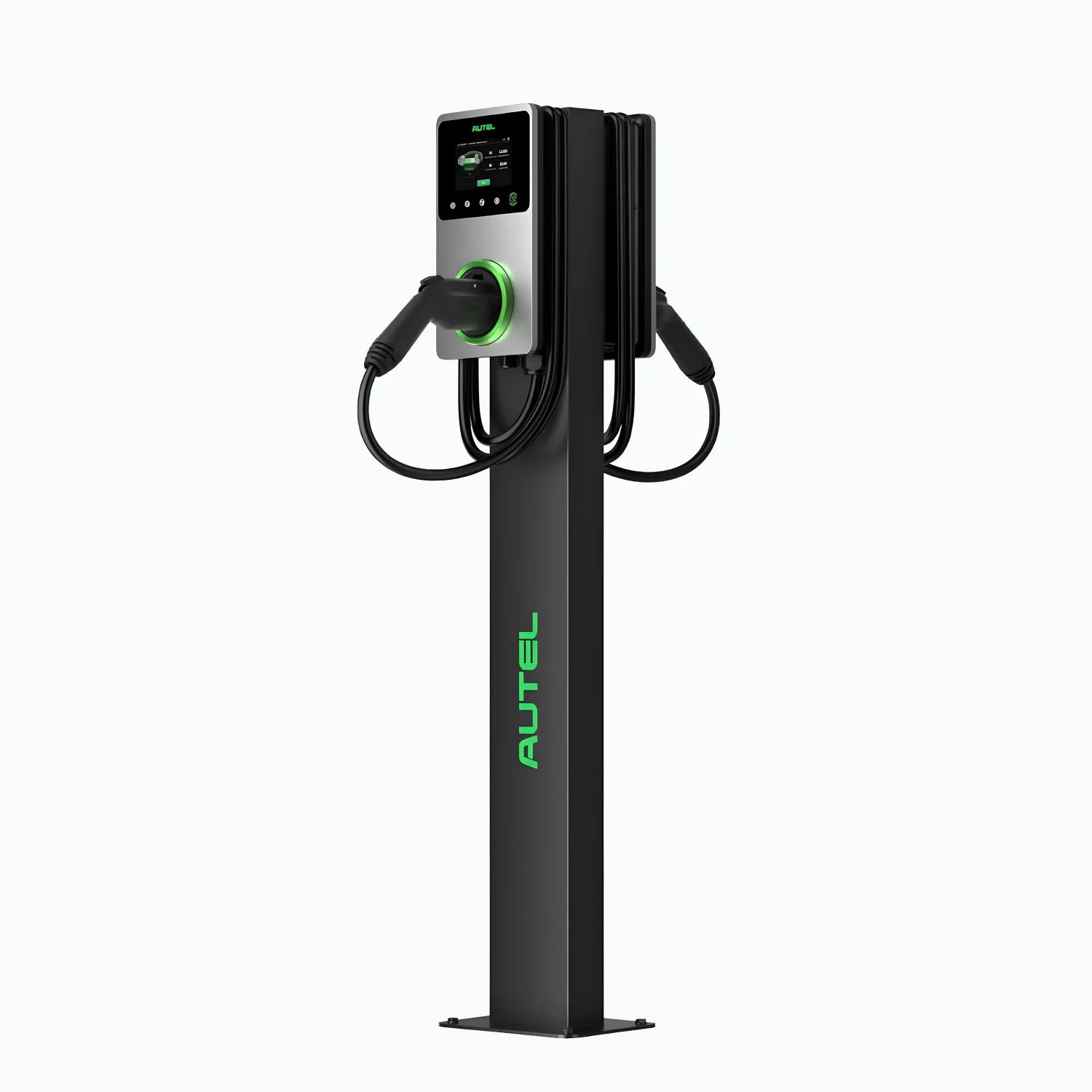
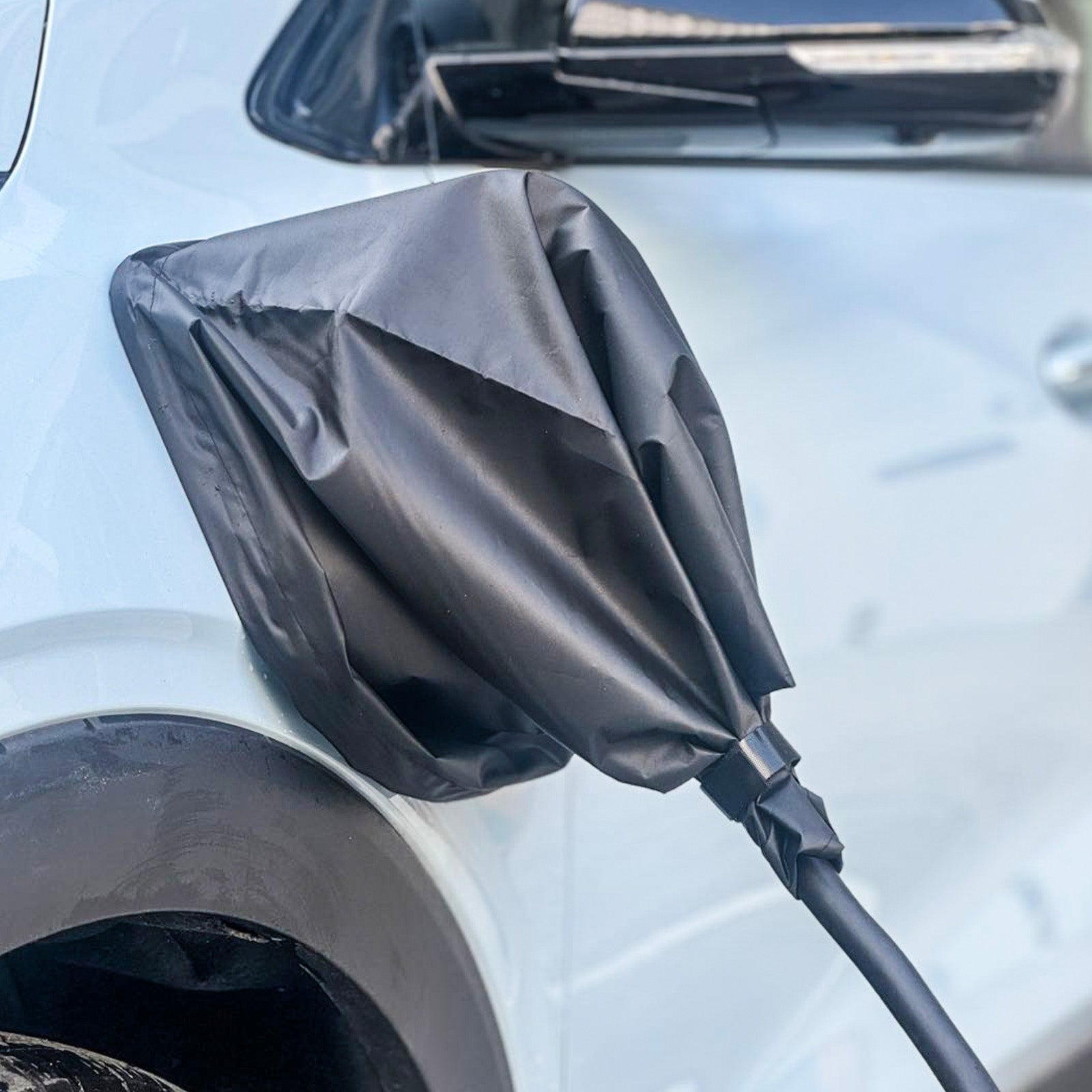
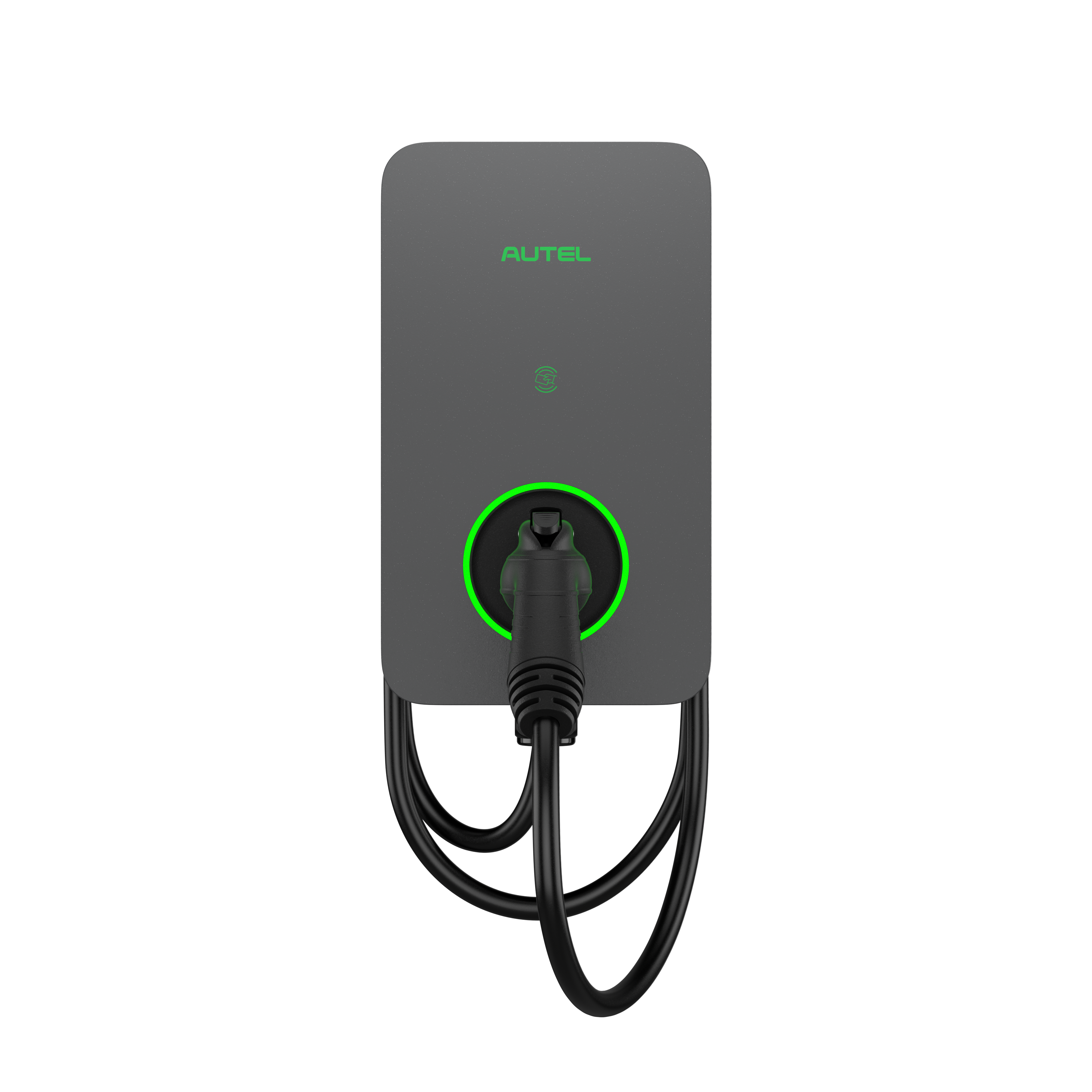
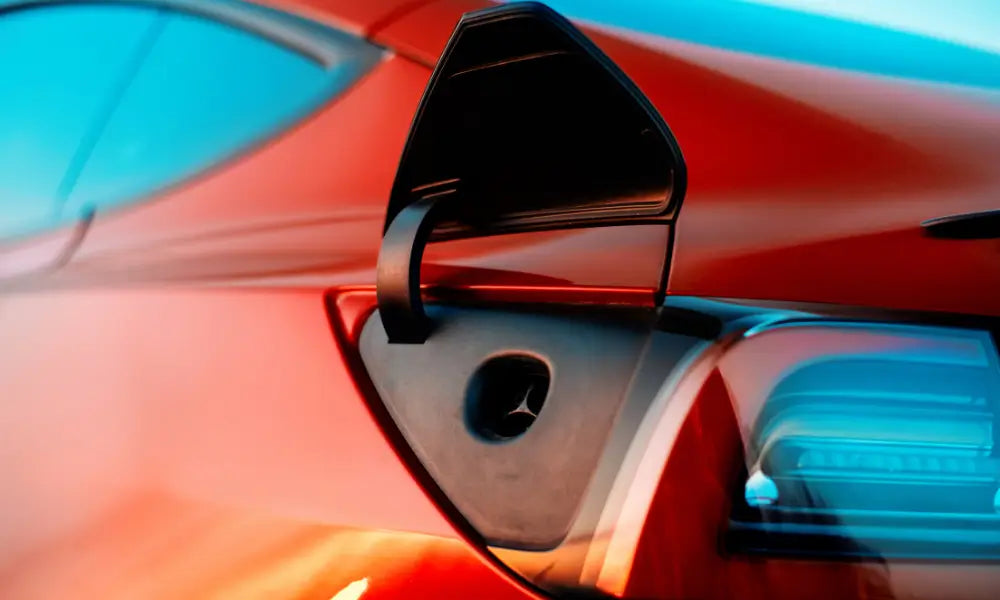
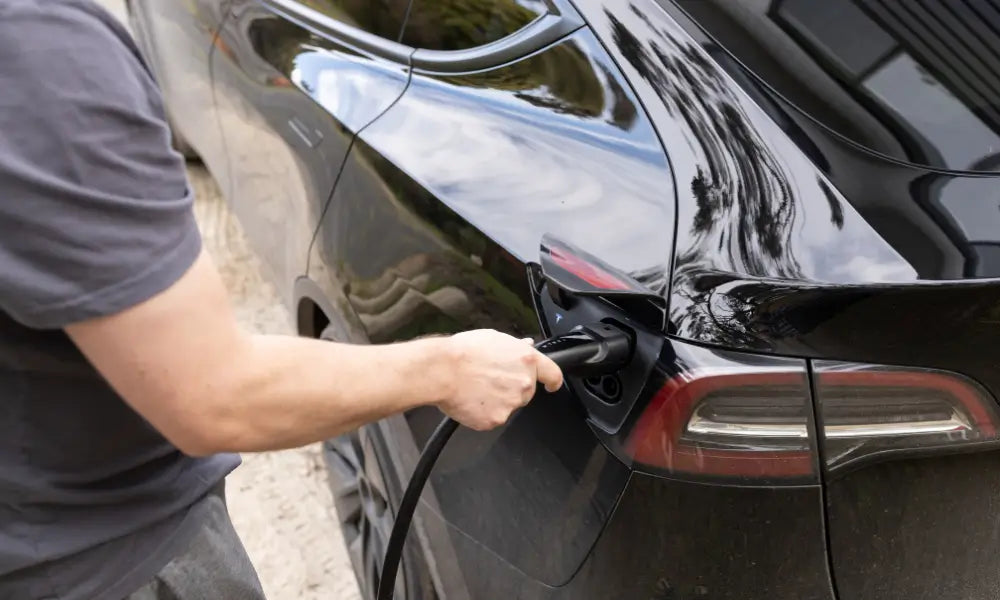
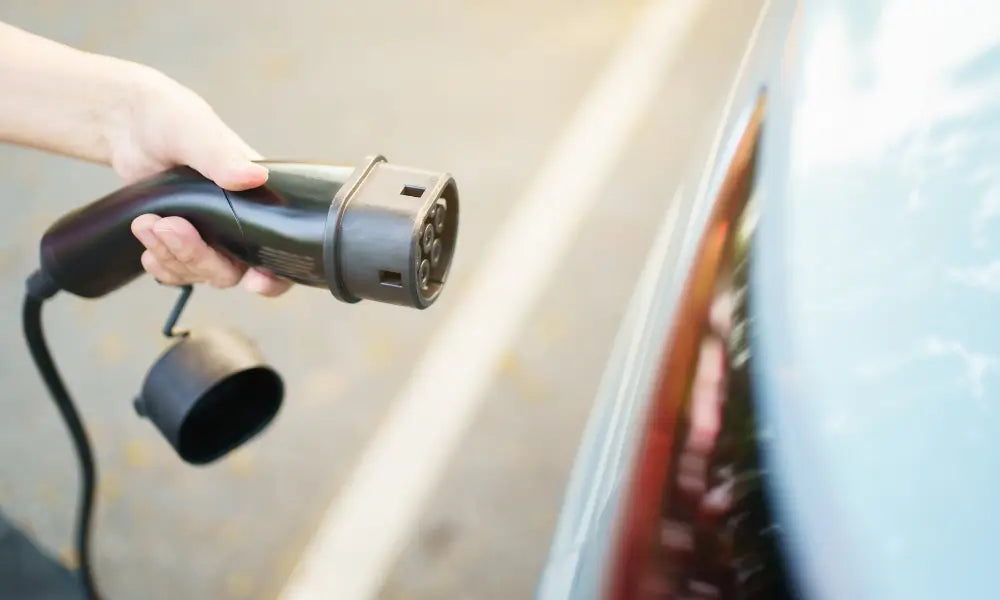
Dejar un comentario
Todos los comentarios se revisan antes de su publicación.
Este sitio está protegido por hCaptcha y se aplican la Política de privacidad de hCaptcha y los Términos del servicio.